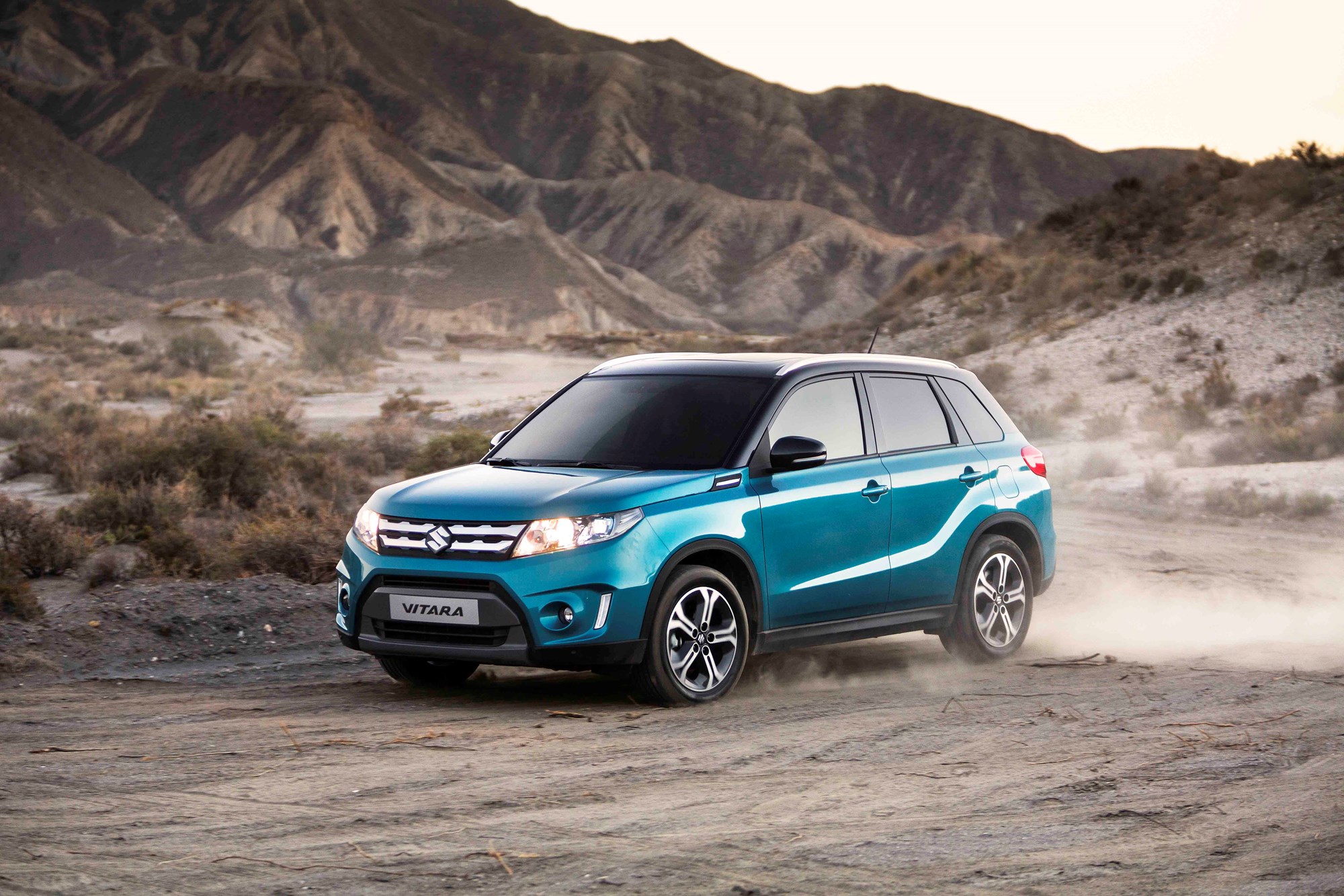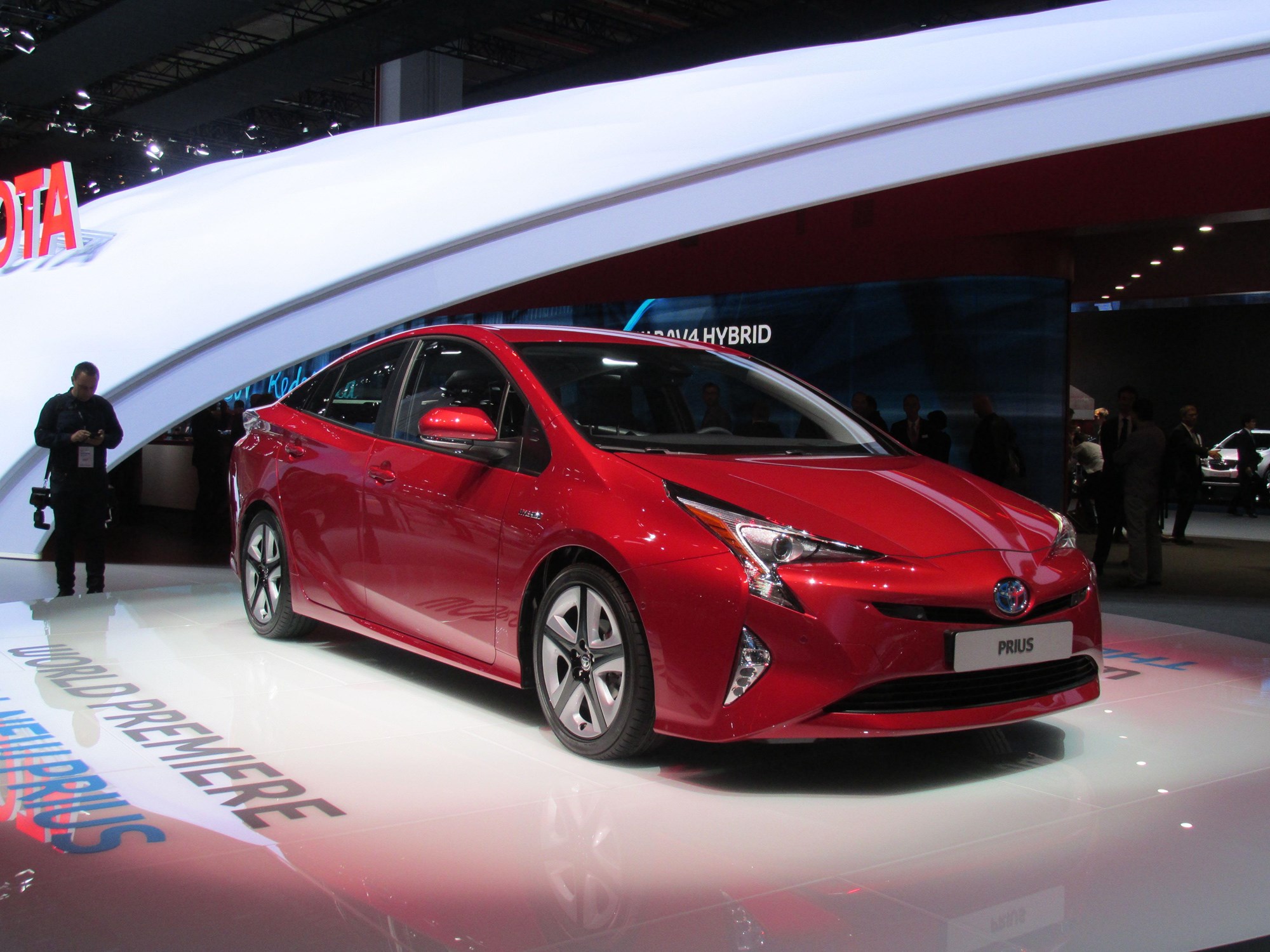Peter from Kerikeri has asked about fully electric cars, in particular the affordable Nissan Leaf, and has a budget of $20,000.
“A couple of late model Leafs have appeared locally and quite appeal. There is a recharging station at Kaiwaka so I reckon I could get to Auckland and back if needed with one stop to recharge, and more stations are promised. Current chargers are 25c a minute, so a 30 minute charge would cost $7.50,” says Peter.
There is certainly a far greater awareness of electric vehicles in NZ now than there has ever been and it’s hard to argue against them being the ultimate way of the future.
Vehicles like the Leaf are great examples of where pure electric vehicles can take us in the long term, and over time issues such as range anxiety will be reduced. What they are up against however is there are no such fears with petrol or diesel-fuelled vehicles, prices are fairly settled while improvements are being made in fuel consumption and emissions.
When you can drive a family size vehicle like the all-new 2WD Suzuki Vitara for example and achieve an average 5.6l/100km on a mostly open highway drive, then you are certainly doing a lot less harm to the environment than before.

Suzuki Vitara
One of the biggest challenges the automotive industry has is spreading their research and development dollars across a whole range of new innovations and not just concentrating on one major project. You can bet behind the scenes there are a number of projects under development and high on the priority list such as producing driverless and even safer vehicles.
Take Toyota for example. They recently stated by using renewable energy and hydrogen-based production methods they want to completely eliminate CO2 emissions from manufacturing and vehicle use by 2050.

The latest Toyota Prius
Globally, they are currently launching 14 new engines of all sizes to produce fuel economy improvements of more than 10 percent over the motors they are replacing. Hybrids also have a big part to play in the coming years in their eyes, with plans to sell 1.5 million annually and 15 million cumulatively by 2020. It is predicting the new Prius having a combined fuel consumption of just 3.4 litres/100kms.
It is also working on developing more efficient batteries and silicon carbide semiconductors to improve the range of electric and plug in electric vehicles.
Affordable electric cars like the Leaf will certainly provide a worthy alternative for some motorists today but they are not for everyone just yet. Potential buyers need to think about the overall expectations they place on the family vehicle and not just look at a zero fuel bill. A fully electric vehicle may not be up to the task just yet for many.
I also note there are a number of the new generation Leafs available as used imports with some dealers claiming up to 14 per cent better range. Nothing wrong with that, but does that mean the cheaper previous generation is not as good as far as range limitations or even battery life is concerned?
And remember, the Government currently generates millions of tax dollars via petrol and diesel fuel sales. When pure electric vehicle numbers start to ramp up officials are bound to come up with a comparable road user tax of some sort for owners to pay.




